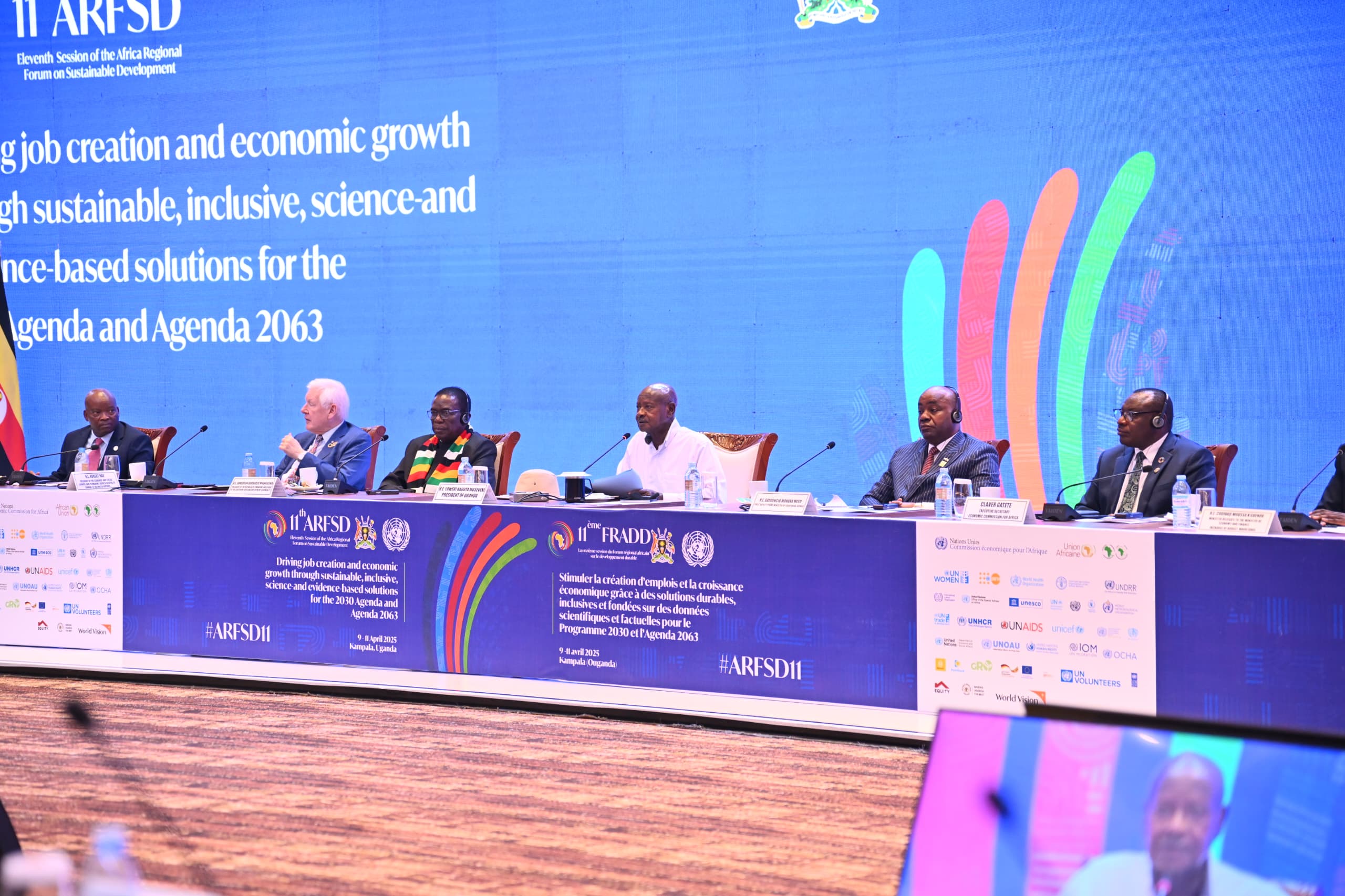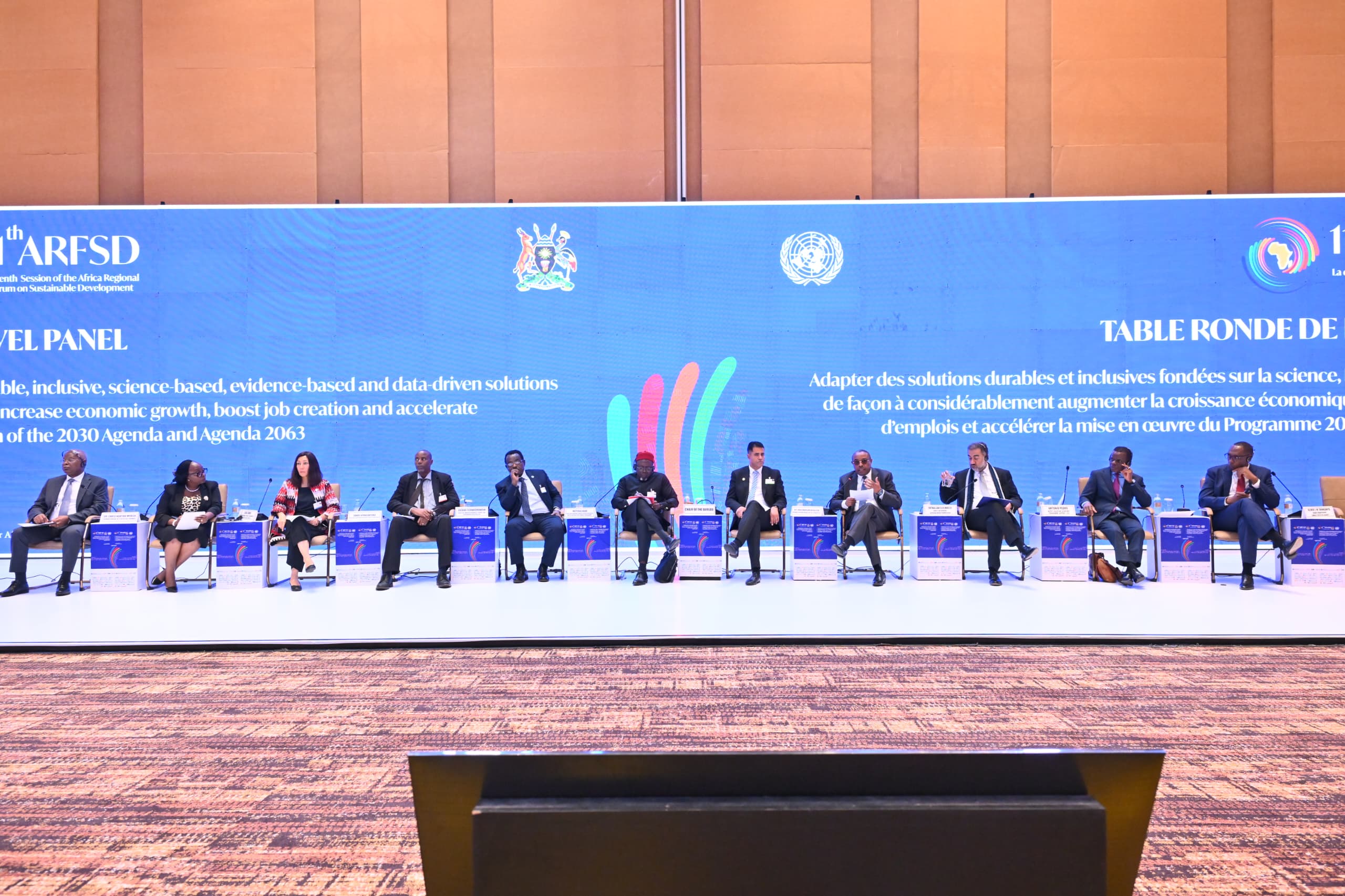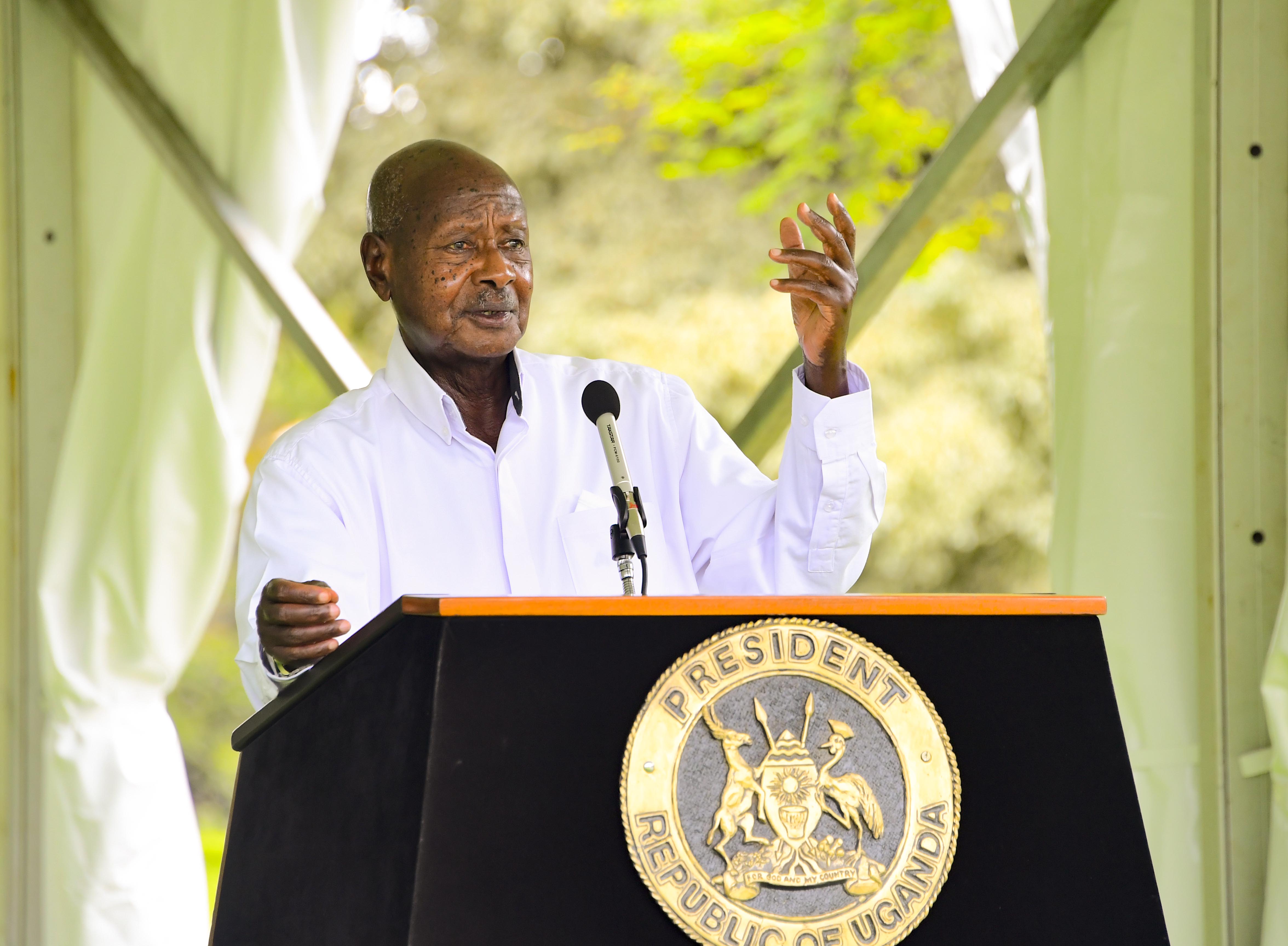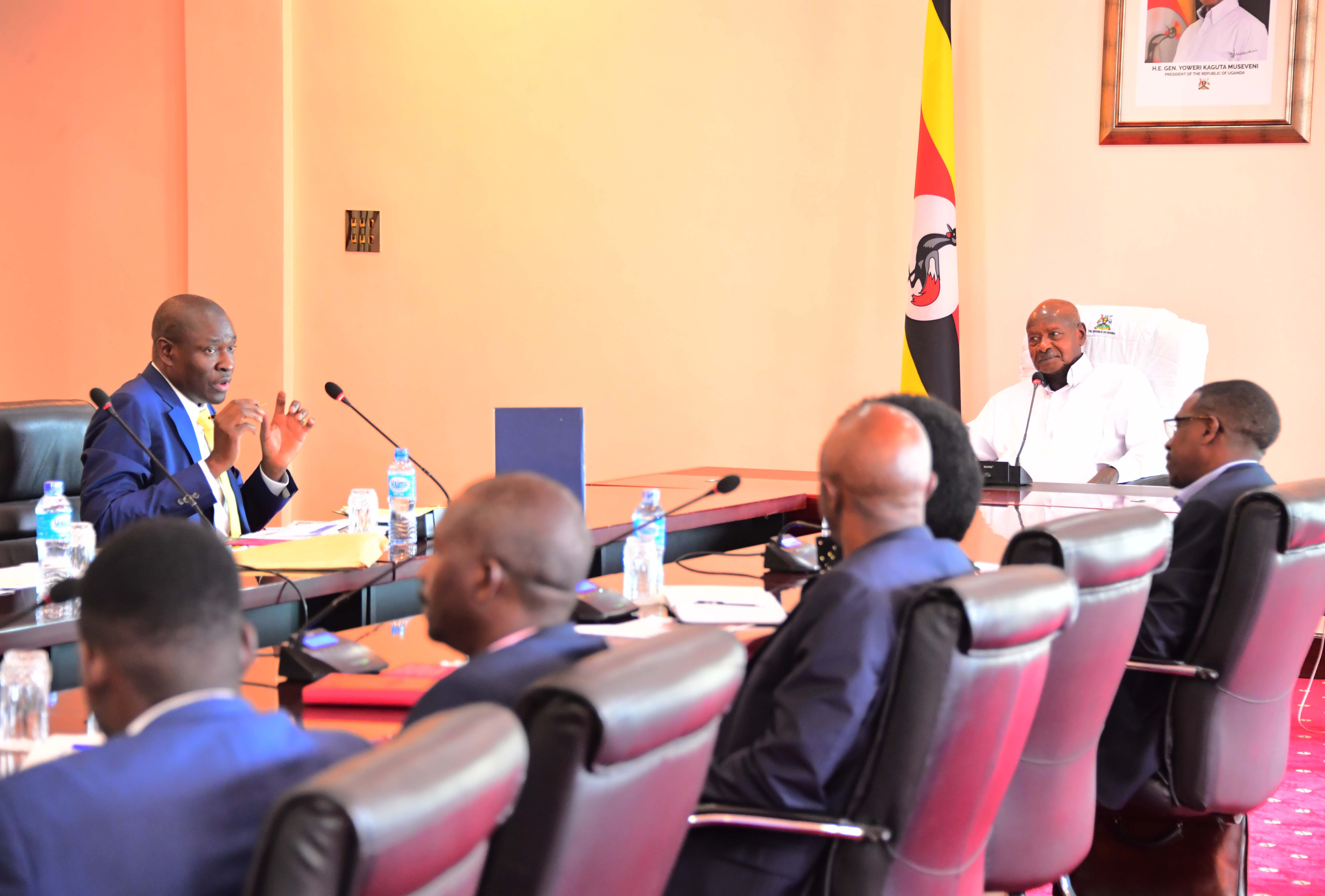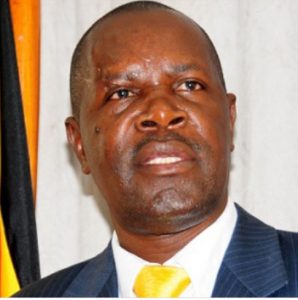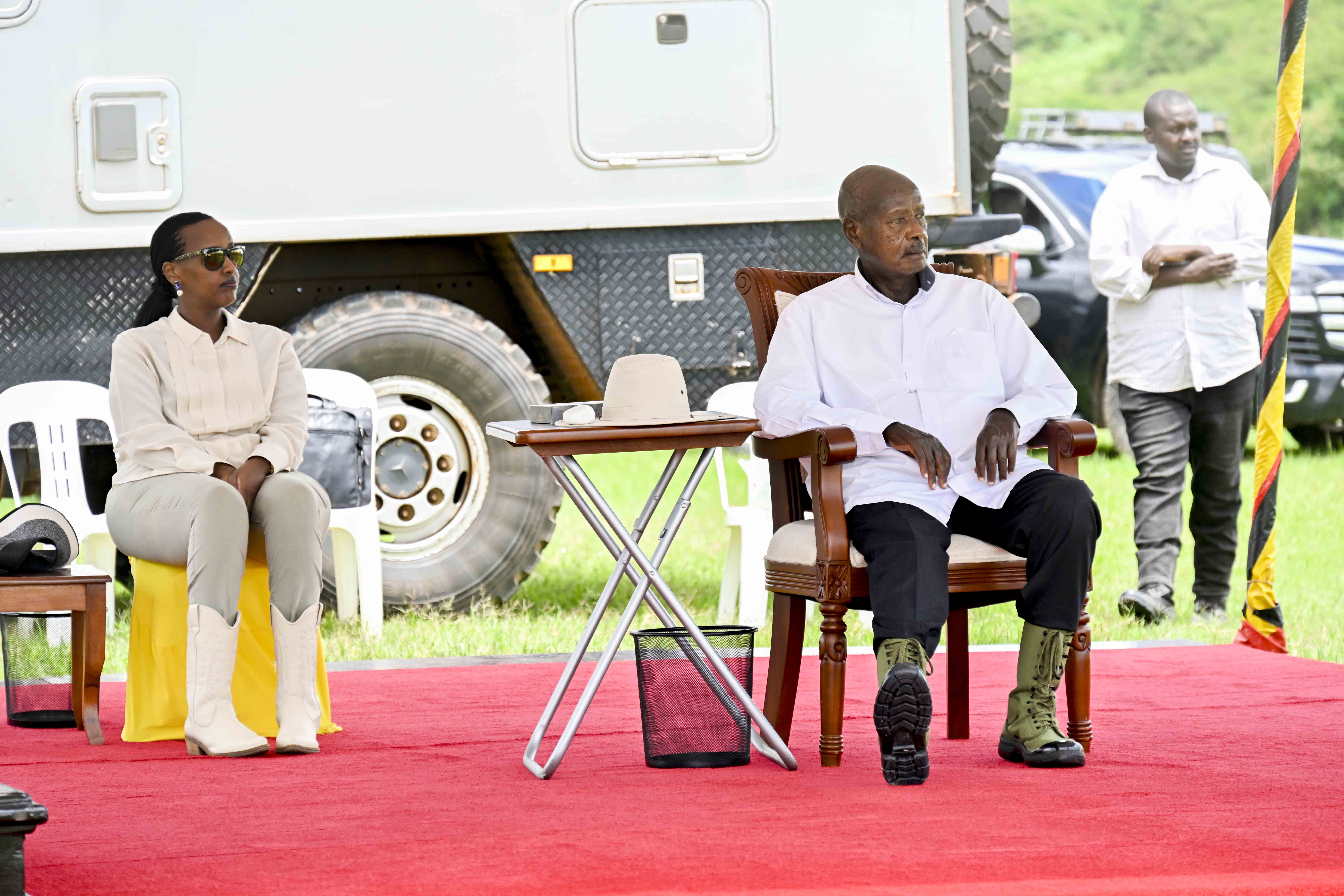
“I DON'T WANT TO USE FORCE ON THIS MATTER,” PRESIDENT MUSEVENI REITERATES CALL FOR FREE EDUCATION
President Yoweri Kaguta Museveni continues to express frustration about those failing to implement the government policy of free education across the country, calling upon leaders at all levels to ensure that the program is fully implemented. “I don’t want to use force on this matter. Discuss the issue of free education in government schools, including the technical schools. If we need to add more money to the government schools, we shall do it,” President Museveni said. The President made the remarks today, while commissioning the Greater Mubende Presidential Zonal Skilling Hub in Kibuye-Vuga Village, Kitenga Sub County, Mubende District. President Museveni, who is in the region for his routine tour on wealth creation activities and the Parish Development Model (PDM), said despite policies for Universal Primary Education (UPE) and Universal Secondary Education (USE), as per the 1996 NRM manifesto, many schools still charge fees, which have become barriers, preventing full access to education, especially for learners from poor families. “In the 1996 NRM manifesto, we proposed to introduce free education. However, you people here refused to implement that, and up to now, there are school charges in the primary and secondary schools. But we knew that if you did that, you would exclude the children of the poor, and that's what is happening. Because if you check even here, you can get me the figures of the children who finish Secondary Education. From Primary seven, how many continue up to senior six?” the President wondered. “There are seven (7) years of primary school and there are 6 years in secondary school, but the figures I have for primary schools are 11 million children, and the ones in the secondary schools are 2 million, and yet the years are almost the same. So, what happened to the 9 million? It is the refusal to implement UPE and USE,” he added. According to the President, he decided to start free education through the skilling hubs to show the public that free education is possible and can be very productive, based on the testimonies of the youths who are self-employed after acquiring skills. “People who introduce charges in government schools may not go to heaven. Discuss amongst yourselves and agree to have free education in government schools,” the President said, adding that although his initiative of the regional skilling hubs is yielding results, it is costly compared to implementing free education for all children in government primary, secondary, and technical schools. “That was deliberate and cost-effective to achieve universal education cheaply. But you find five (5) districts sharing this center, and the children are coming from far away. So, I need to accommodate them and feed them and all that. But the plan of UPE is for day schools. That means a primary school per parish and a government secondary school per sub county, where children come to study and go back home rather than being at school in boarding sections,” he noted. The President further explained that this would then enable the government to concentrate on paying the teachers, building the classrooms, laboratories, building teachers' houses, and providing textbooks to support all children in Uganda. In the meantime, President Museveni promised to add more courses to the skilling hub, such as plumbing, motor mechanics, weaving, and textiles. “Now the children are making shoes for us. We used to import shoes from China, you can imagine! We are now going to add those skills,” he stated, while expressing appreciation to the students for being creative and innovative in putting the acquired skills into action. The Minister for Lands, Housing and Urban Development, Hon. Judith Nabakooba informed the President that the hub is of great importance to the region in skilling the youths who are now able to employ themselves. “Many have been employed, but others still need your support. The skilling hub has also addressed domestic violence in homes because you find the husband and wife are both working to put food on the table,” Minister Nabakooba said. On the other hand, the President gave 10 million shillings to Mr. Kisekka Ronald, Ms. Conatance Twinomugisha, and Mr. Mawejje Willy, who are former students and ended up opening their businesses and are now employing others in carpentry, bakery, and hairdressing, respectively. Earlier, Mr. Kisekka from Mityana district informed the President that he had given up on life and could not be accommodated by any of the family members, but after six (6) months here at the hub, he got skills in carpentry. “I made a phone call to Kampala for a job, and I was admitted. If it weren’t for President Museveni, I would be dead. I have bought a cow for my father, and I also support him financially,” Mr. Kisekka said. Ms. Twinomugisha, who hails from Mubende Municipality, acquired skills in bakery, and upon completion, she started a small business called Gloria Sweet Bakery with 20,000 shillings, and now she makes cakes ranging between 200,000 shillings and 500,000 shillings. Her baking business gives her 80,000 shillings per day. “I call upon my fellow youths not to lose hope but come to Mubende Zonal Industrial Hub and get skilled for free,” Ms. Twinomugisha said. Mr. Mawejje, also among the pioneers of the skilling hub, informed the President that his hairdressing skills landed him a job in Kampala, and he is now a salon manager. “I'm now starting Willy Barber Salon because I have the qualifications, and I know what I’m doing,” he stated. During the same ceremony, Mr. Baganyire Joseph, the registrar of the National Unity Platform (NUP) political party for Kitenga sub-country, officially crossed to the National Resistance Movement (NRM). “I have decided to join NRM because it has fulfilled the promises, and anything we would base on to fight it. Come 2026, I’m with you, and even at my polling station where I defeated you, NRM shall win,” Mr. Baganyire told President Museveni. The ceremony was also attended by Members of Parliament, LC 5 chairpersons, and other political leaders from Greater Mubende and beyond.

